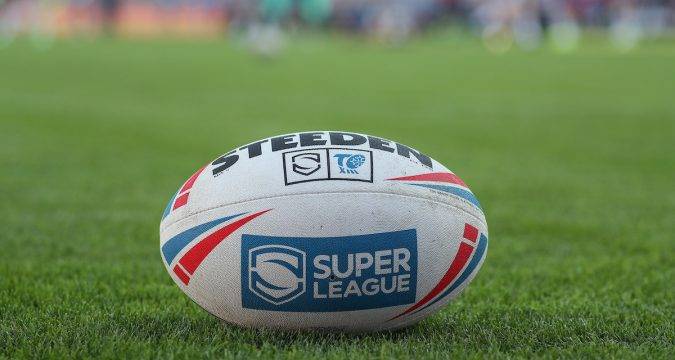 THIS Wednesday will be a consequential day in the history of Rugby League, even though nothing will happen that is likely to surprise us.
The RFL will reveal a complete list of club gradings that will determine which sides will compete in Super League next year.
Wakefield will be in the top twelve, while London will not be.
And that is likel
THIS Wednesday will be a consequential day in the history of Rugby League, even though nothing will happen that is likely to surprise us.
The RFL will reveal a complete list of club gradings that will determine which sides will compete in Super League next year.
Wakefield will be in the top twelve, while London will not be.
And that is likel Predictions on IMG grades, horrified clubs respond to proposed salary cap changes and expand Super League to 16 teams as League Express editor Martyn Sadler gives verdict
 THIS Wednesday will be a consequential day in the history of Rugby League, even though nothing will happen that is likely to surprise us.
The RFL will reveal a complete list of club gradings that will determine which sides will compete in Super League next year.
Wakefield will be in the top twelve, while London will not be.
And that is likel
THIS Wednesday will be a consequential day in the history of Rugby League, even though nothing will happen that is likely to surprise us.
The RFL will reveal a complete list of club gradings that will determine which sides will compete in Super League next year.
Wakefield will be in the top twelve, while London will not be.
And that is likel 